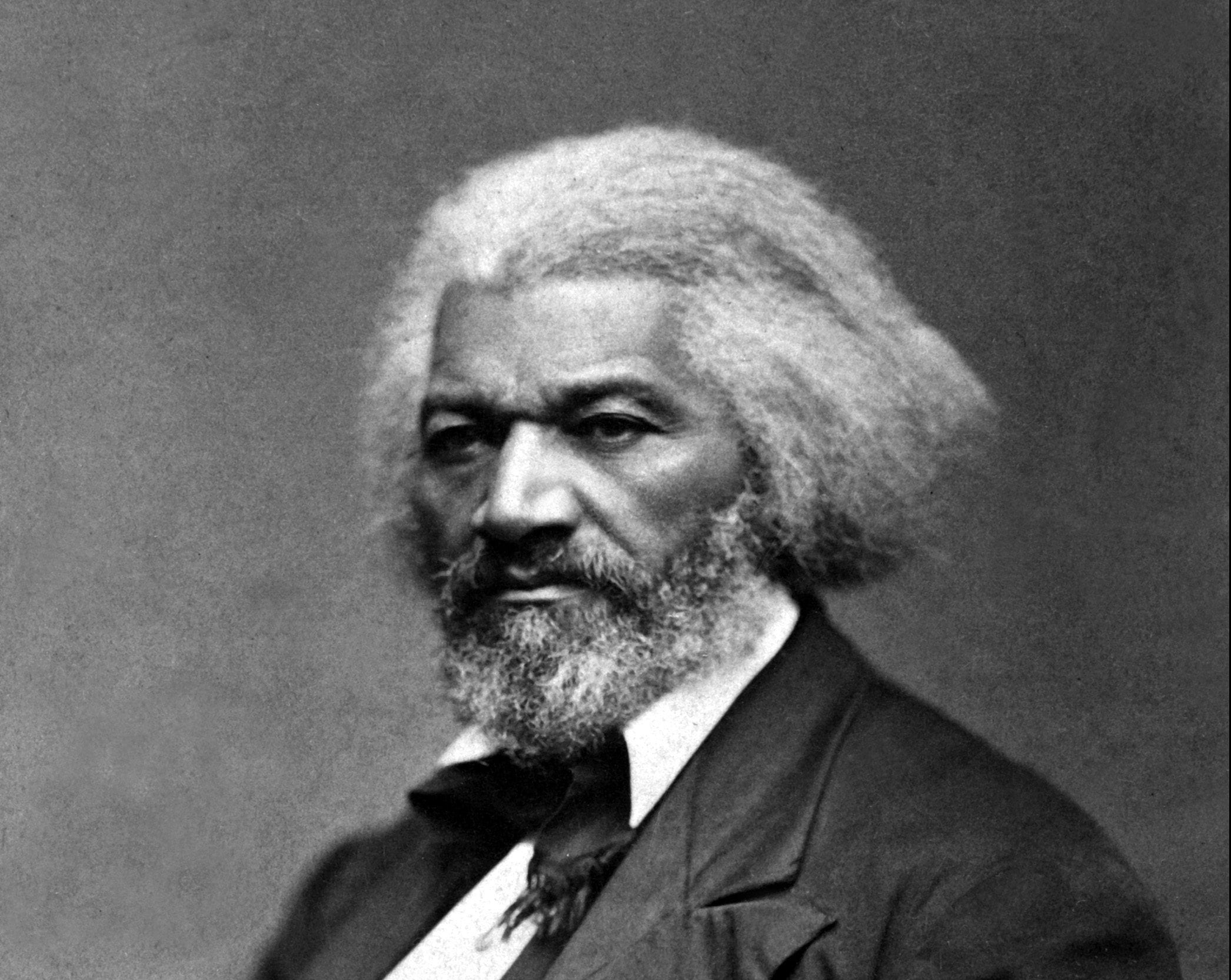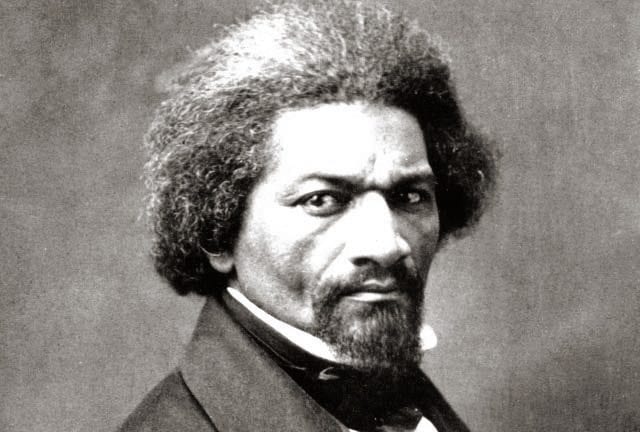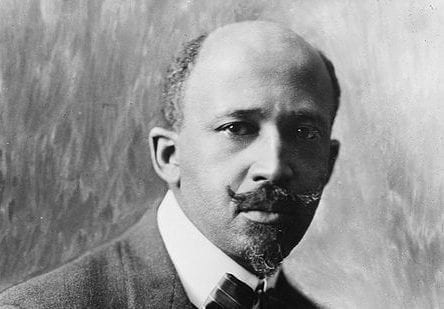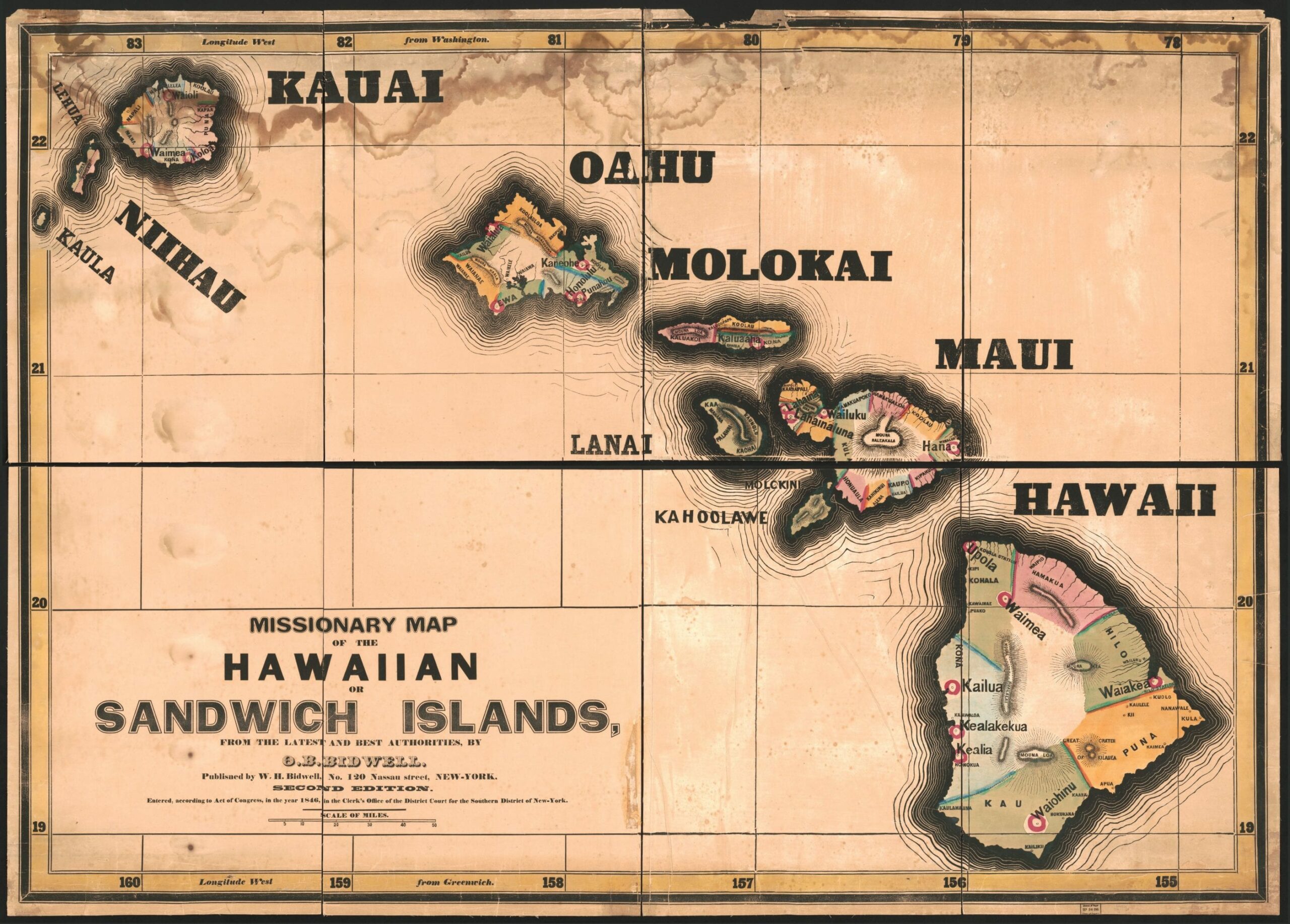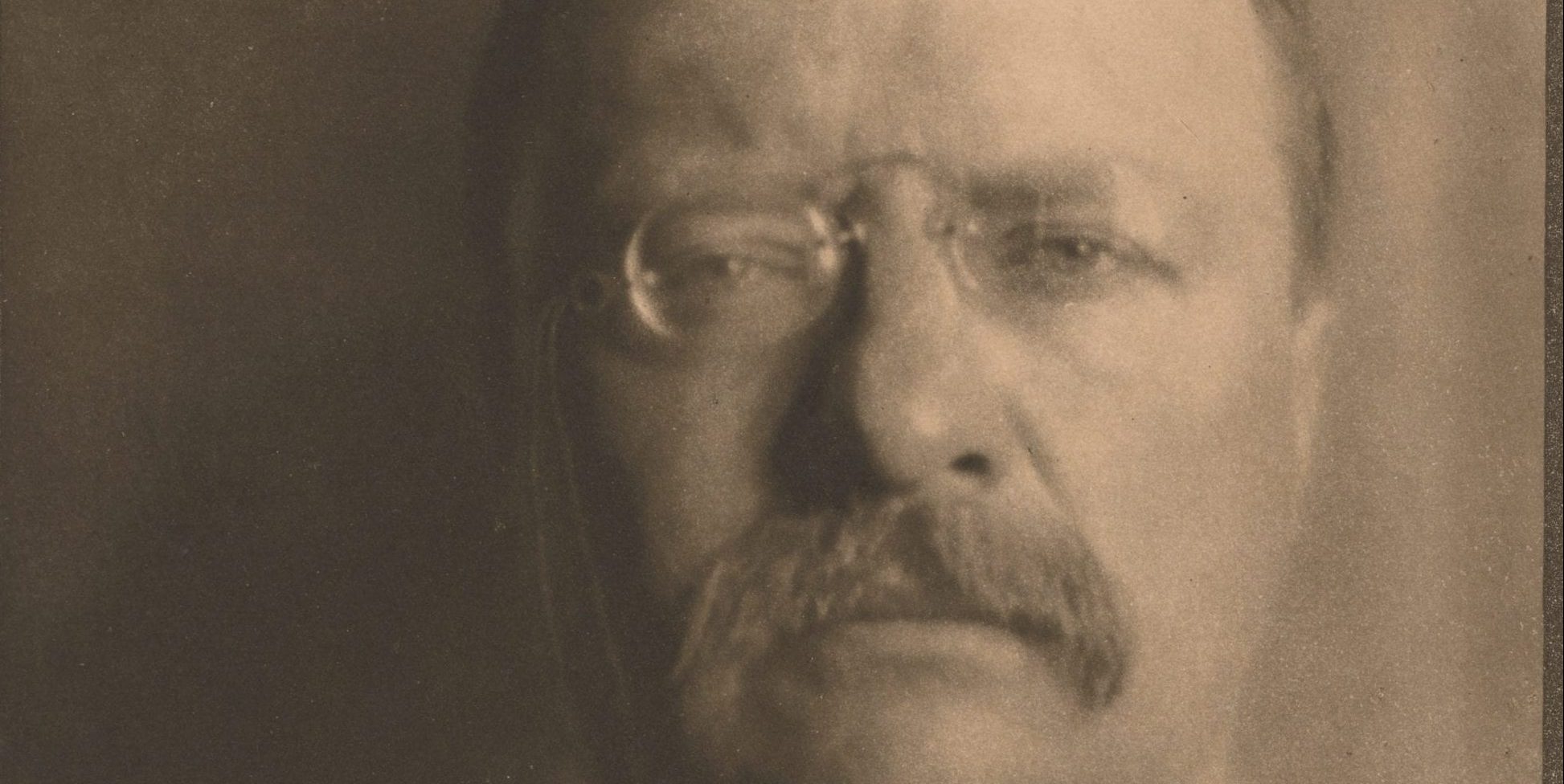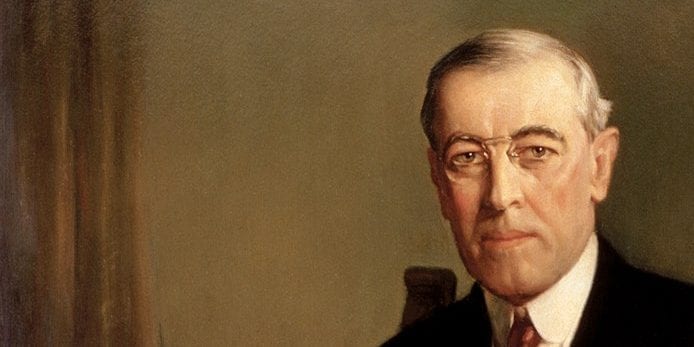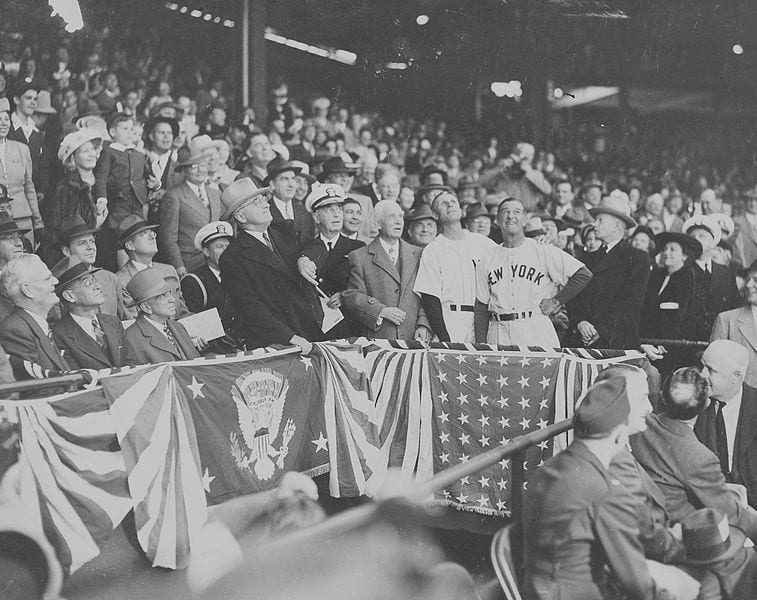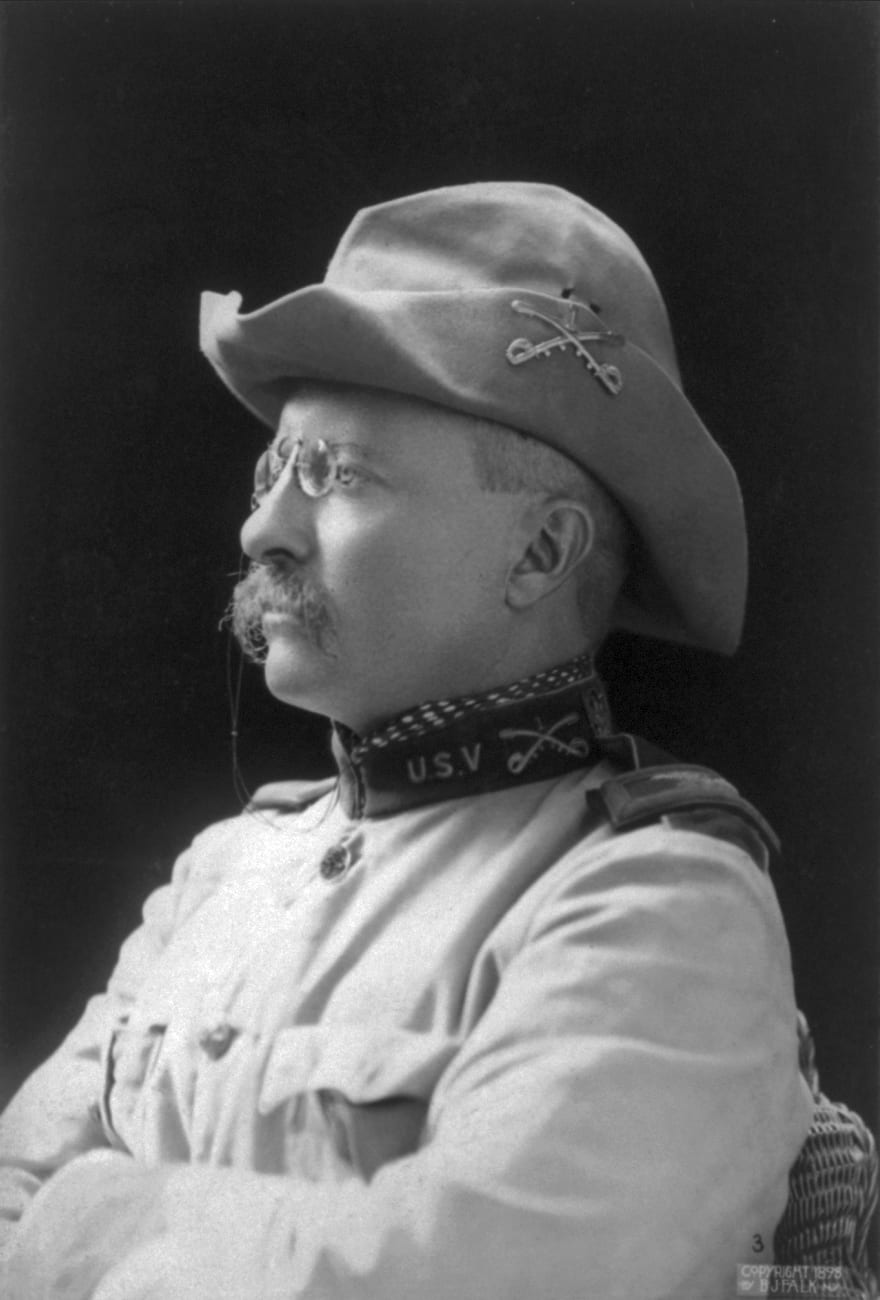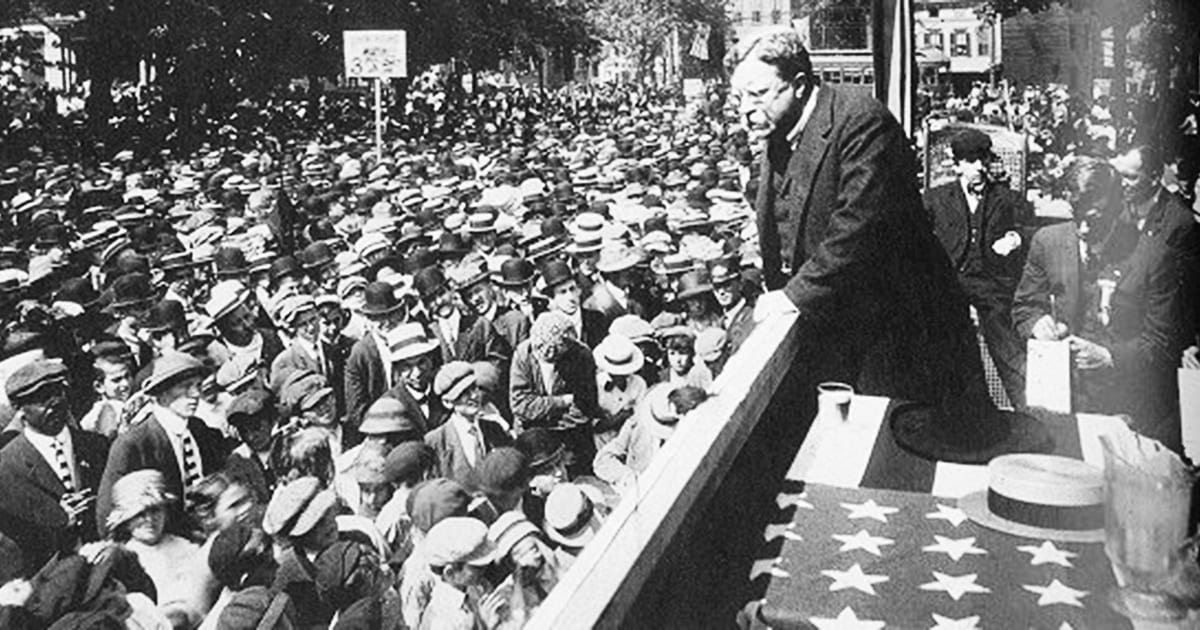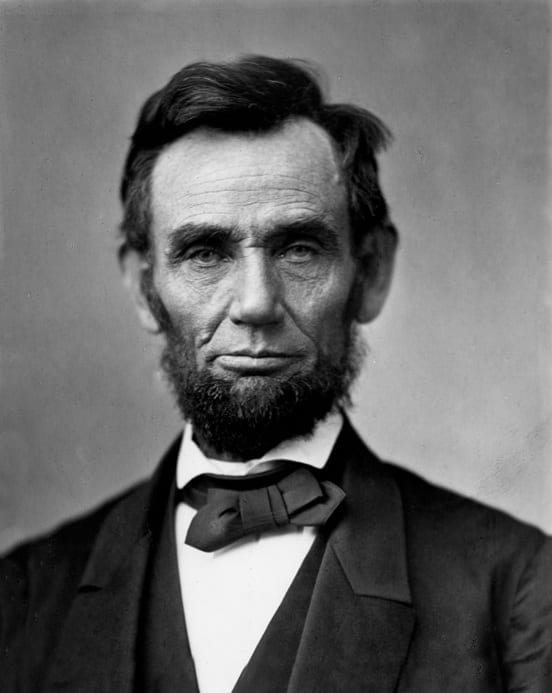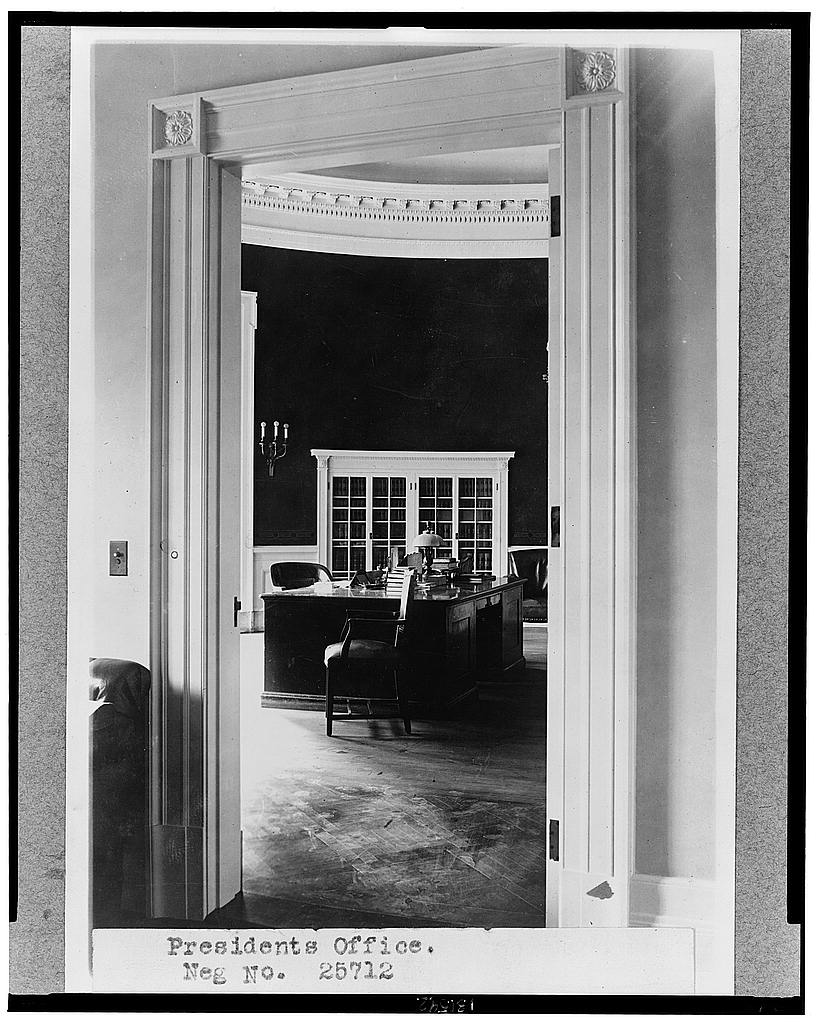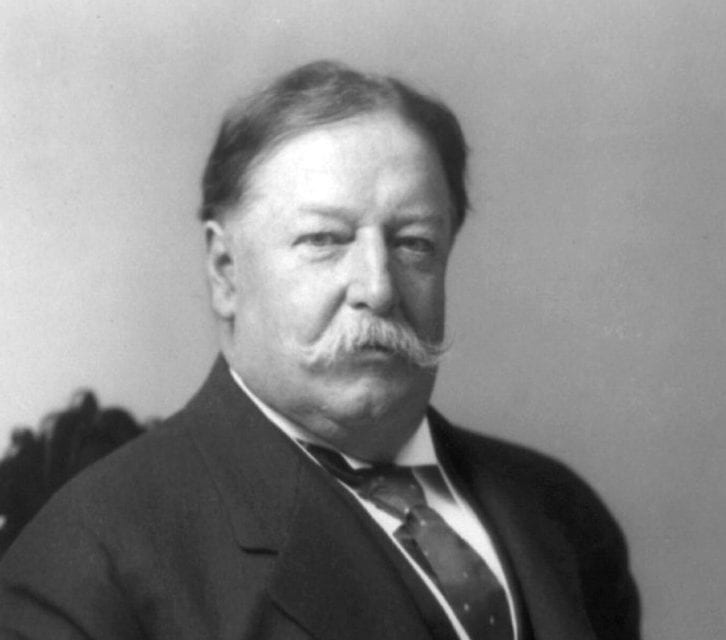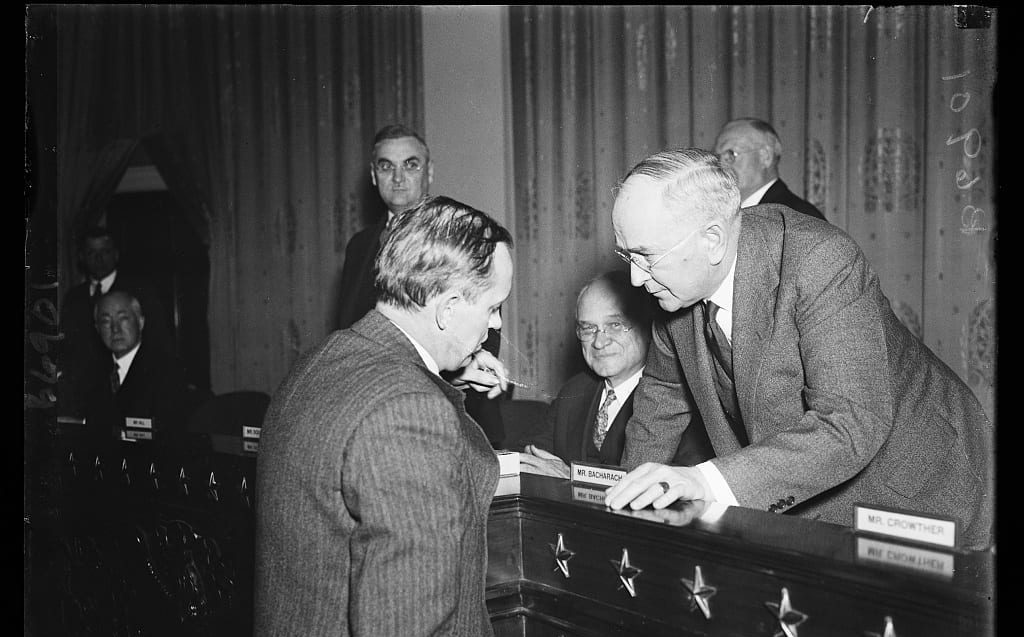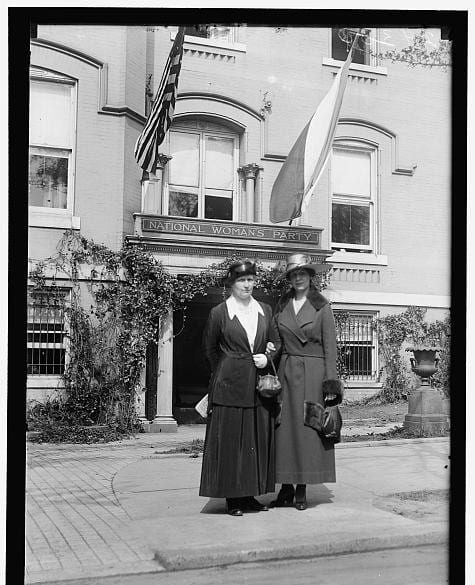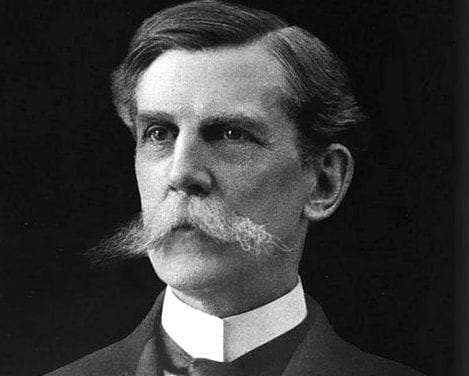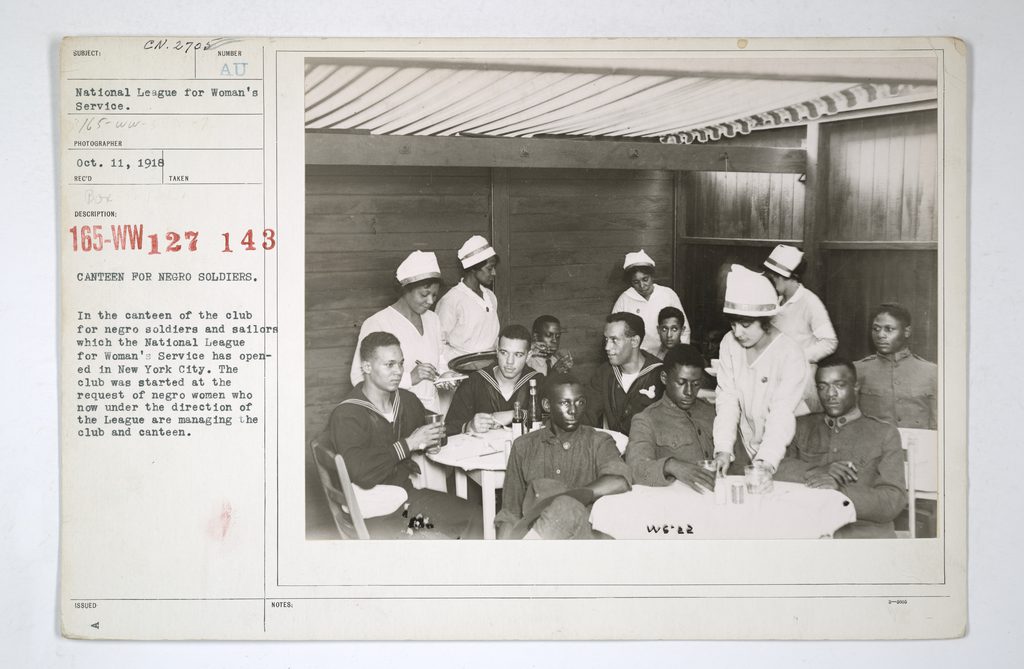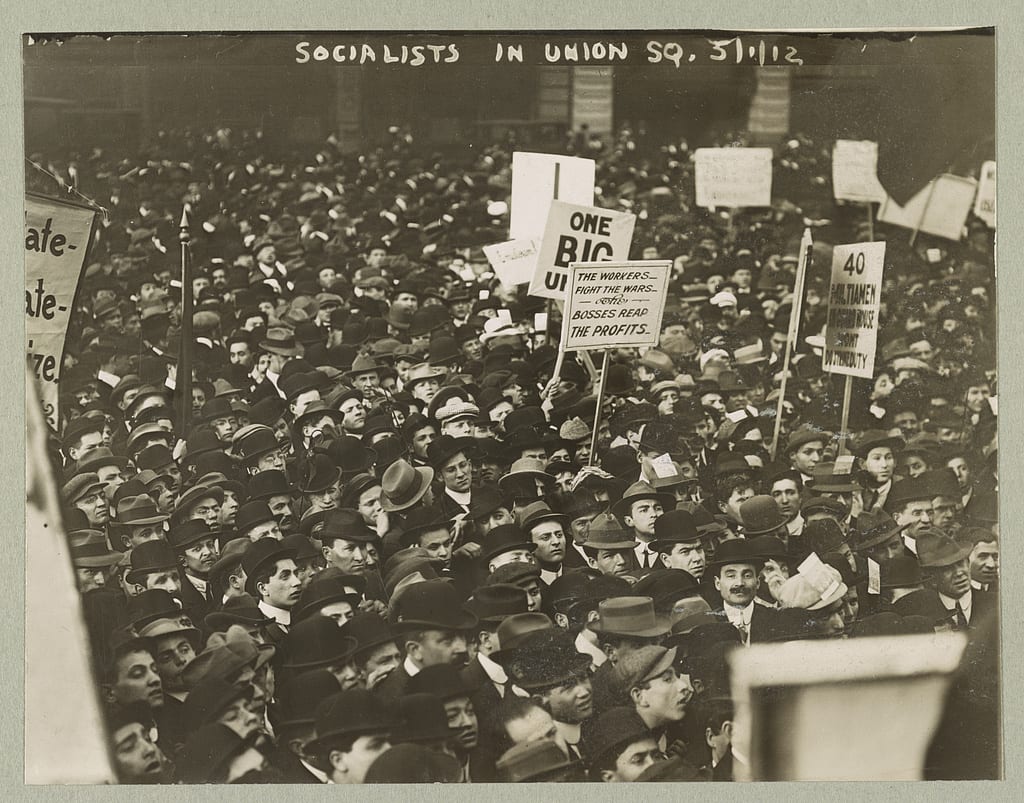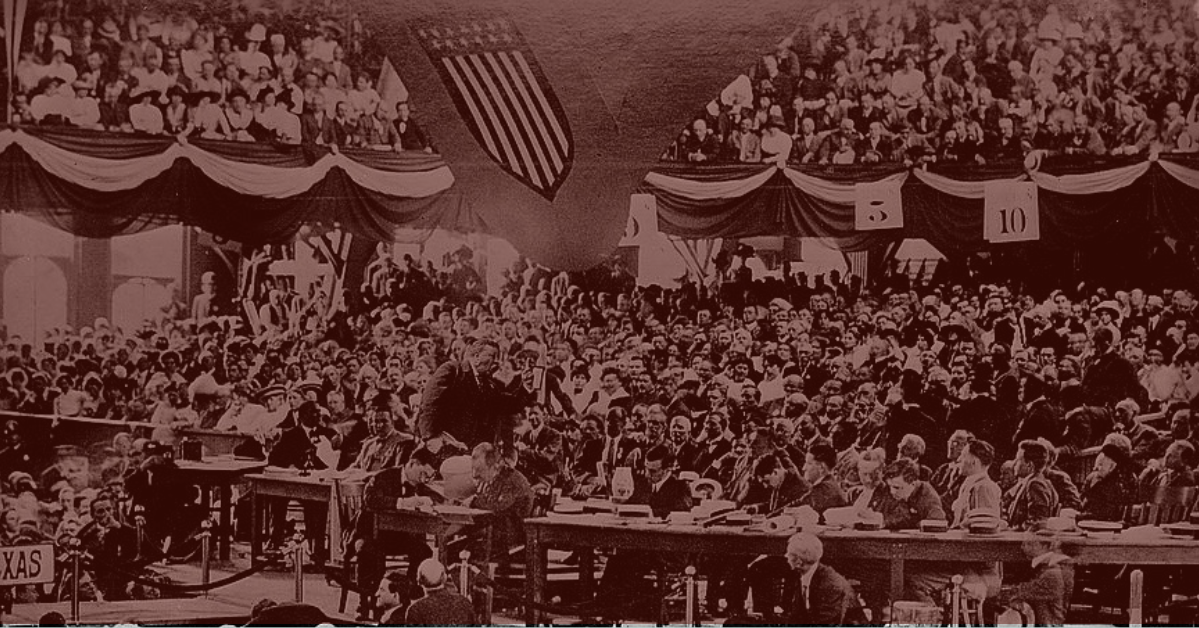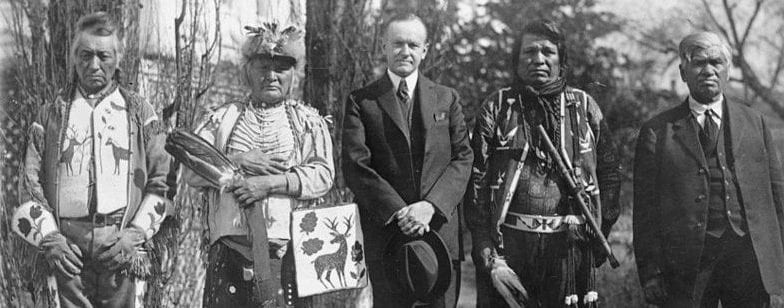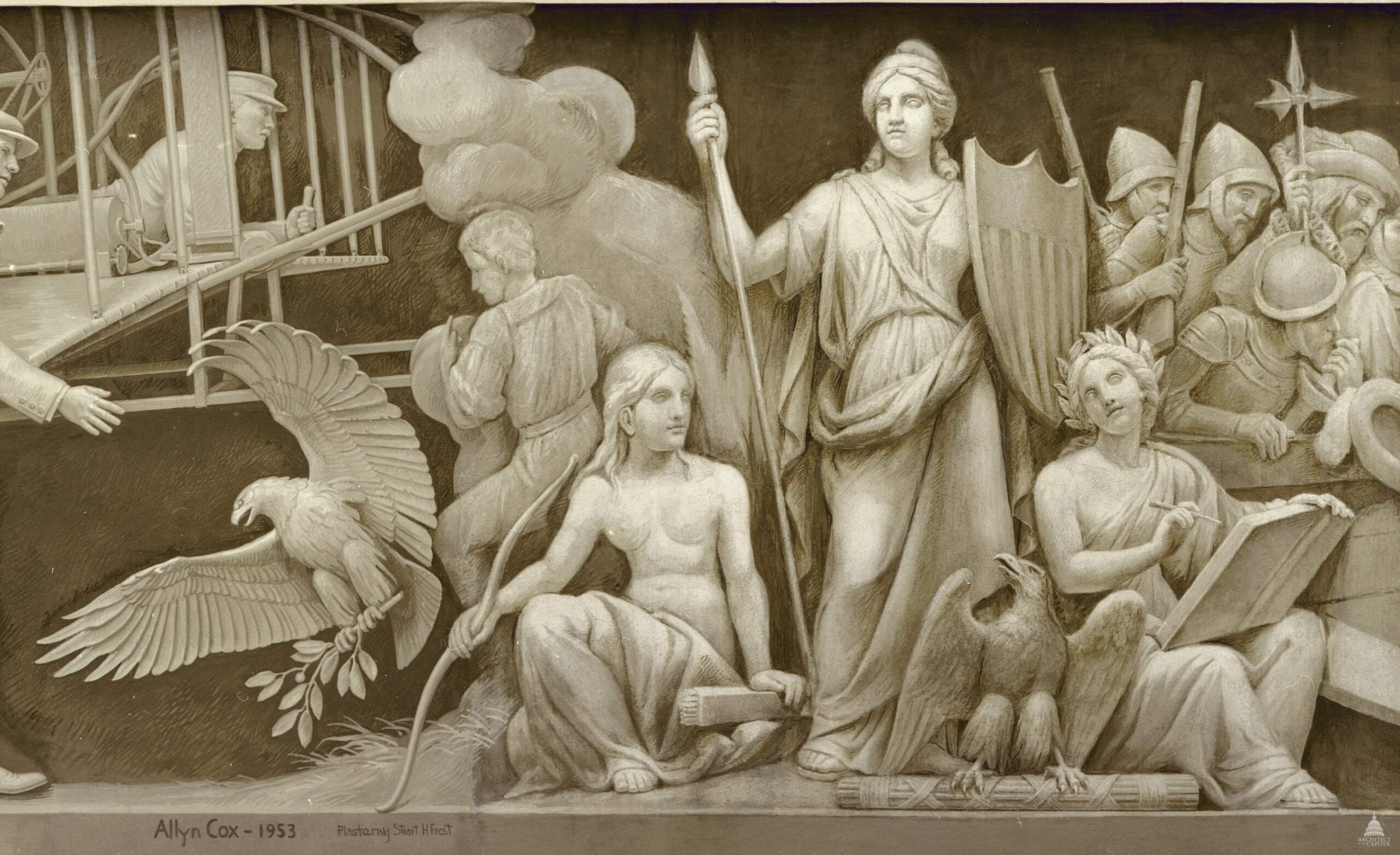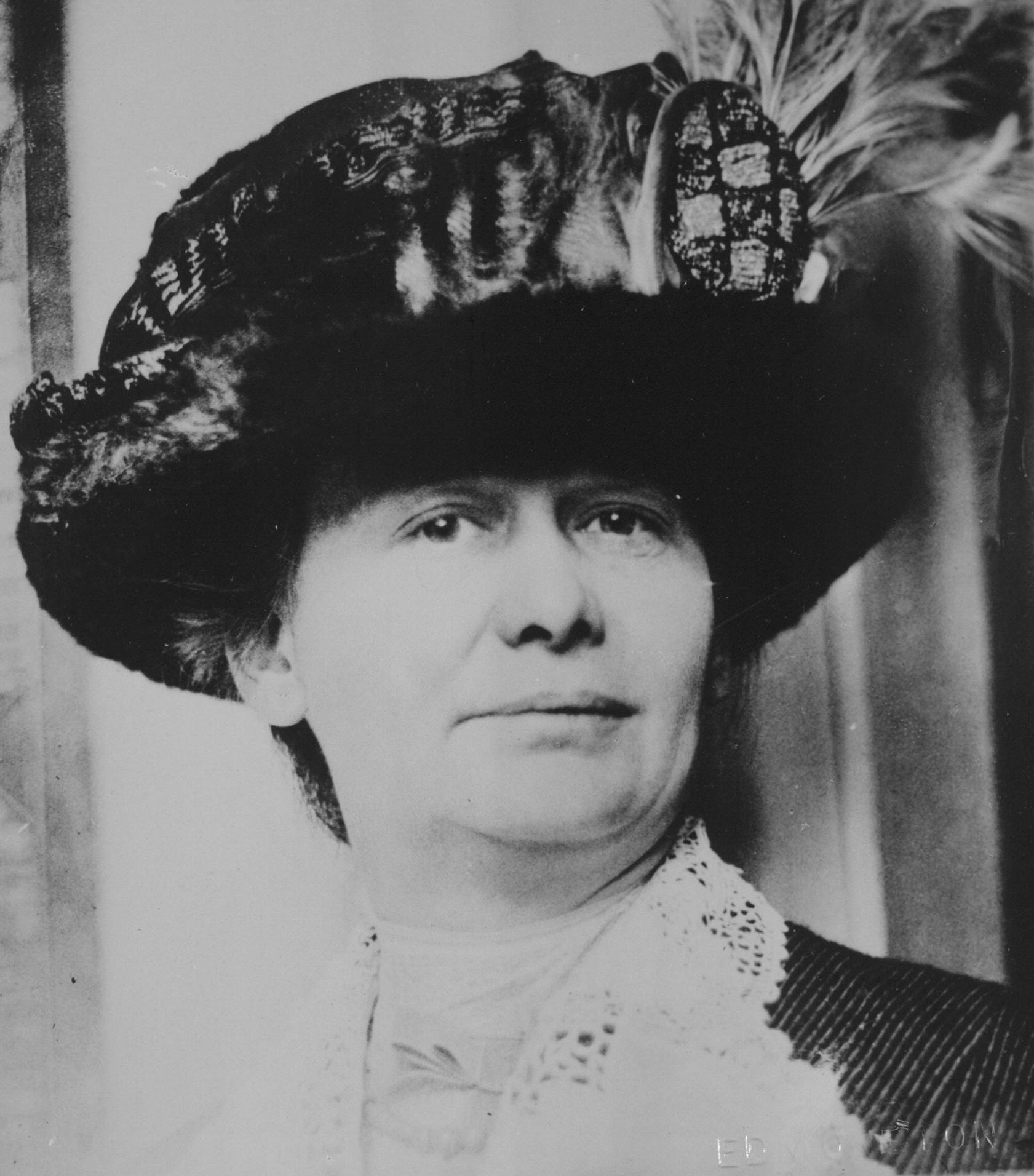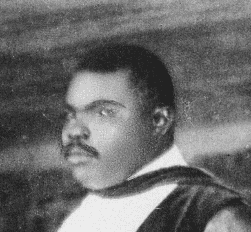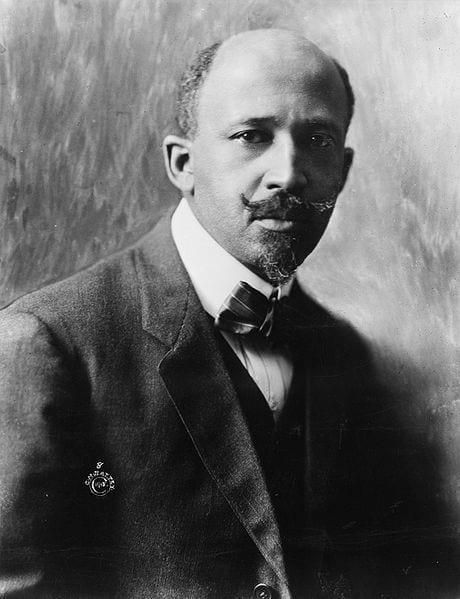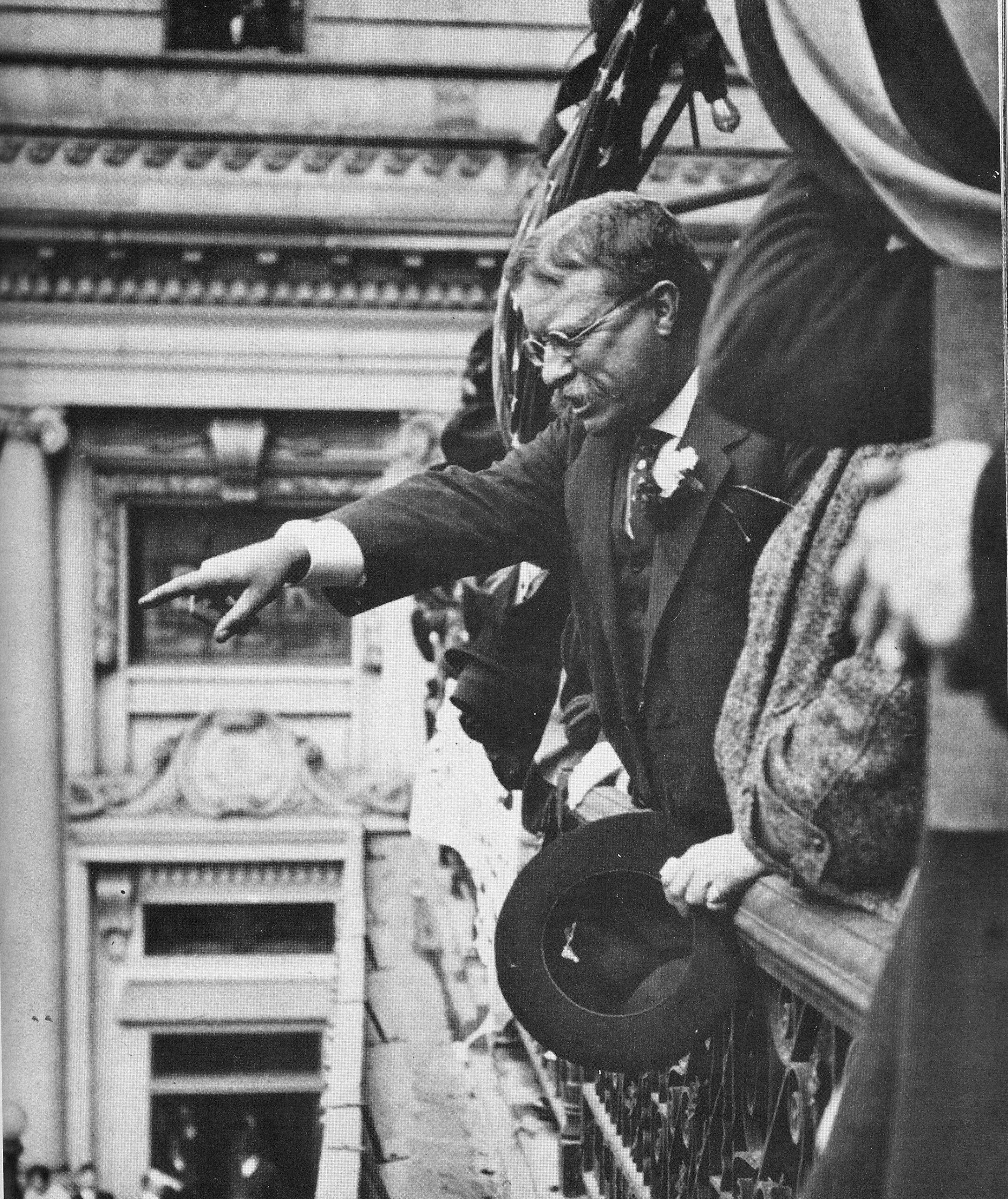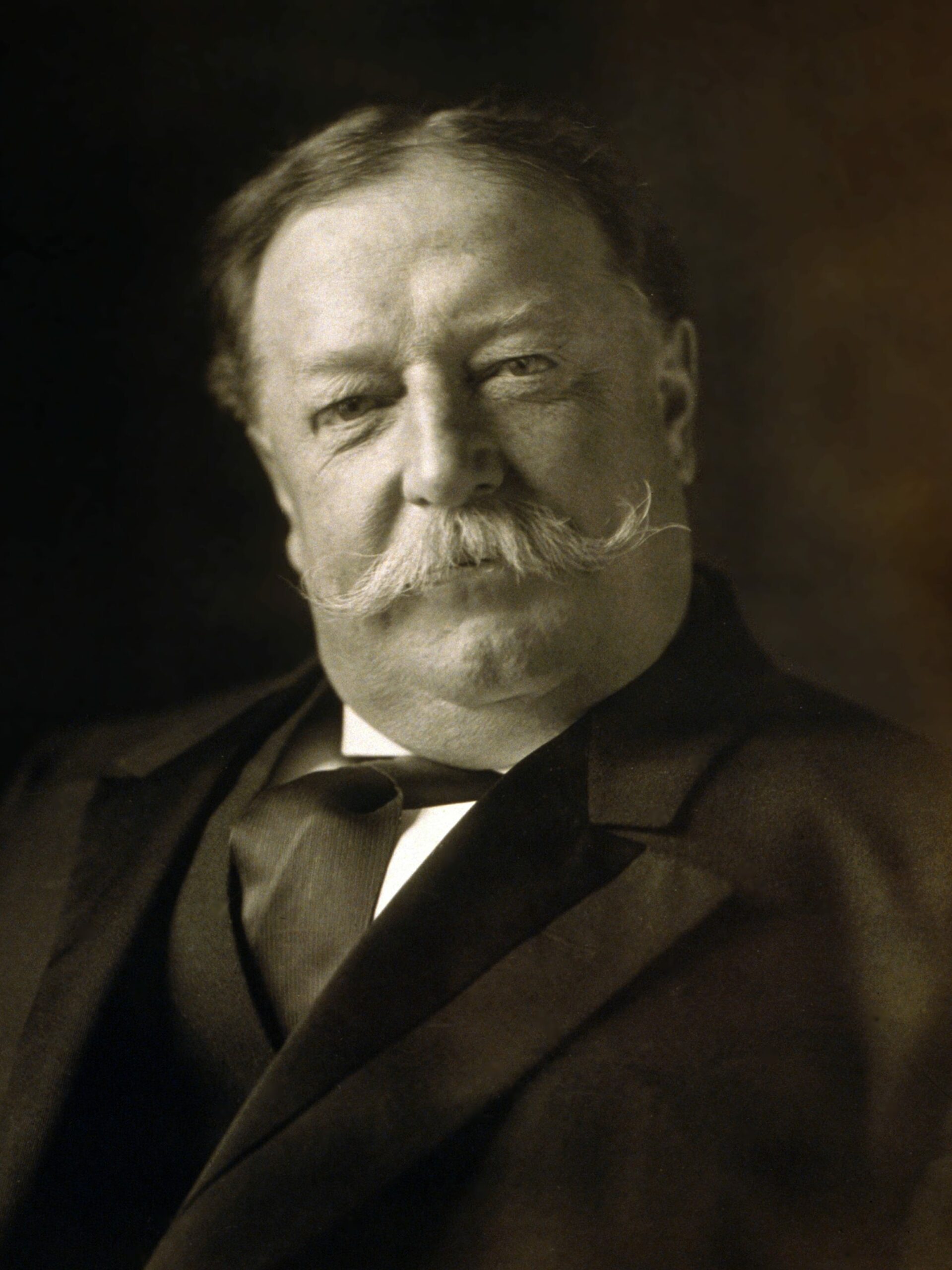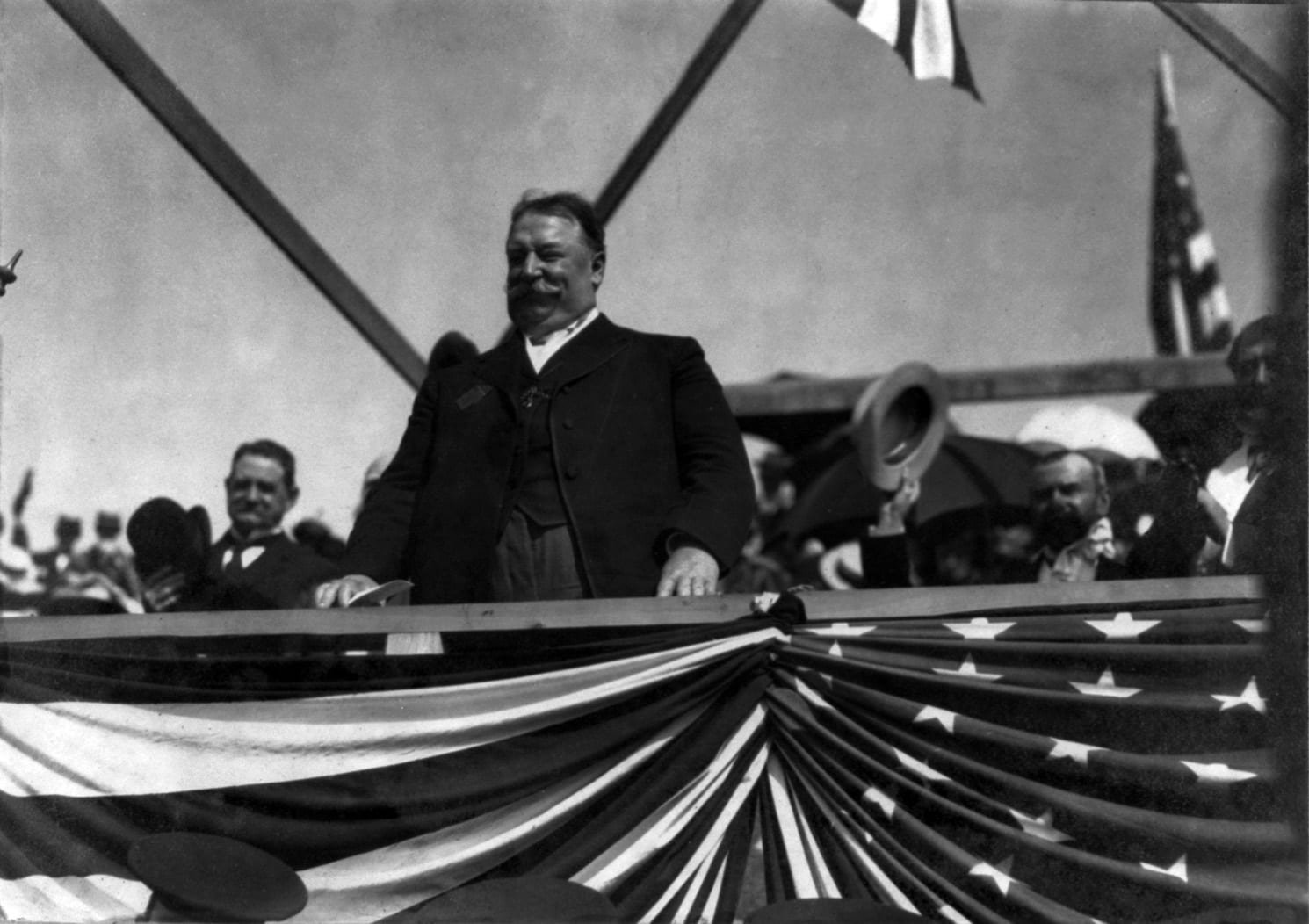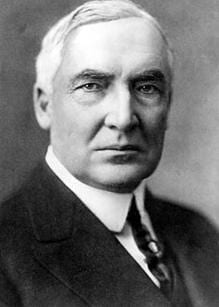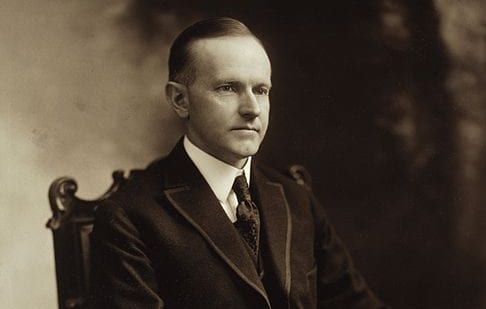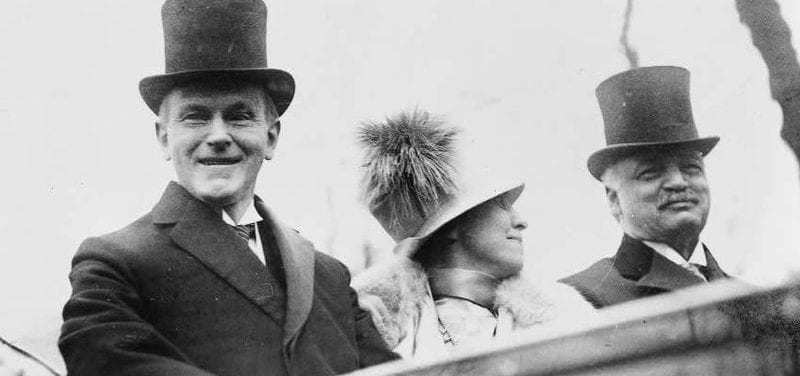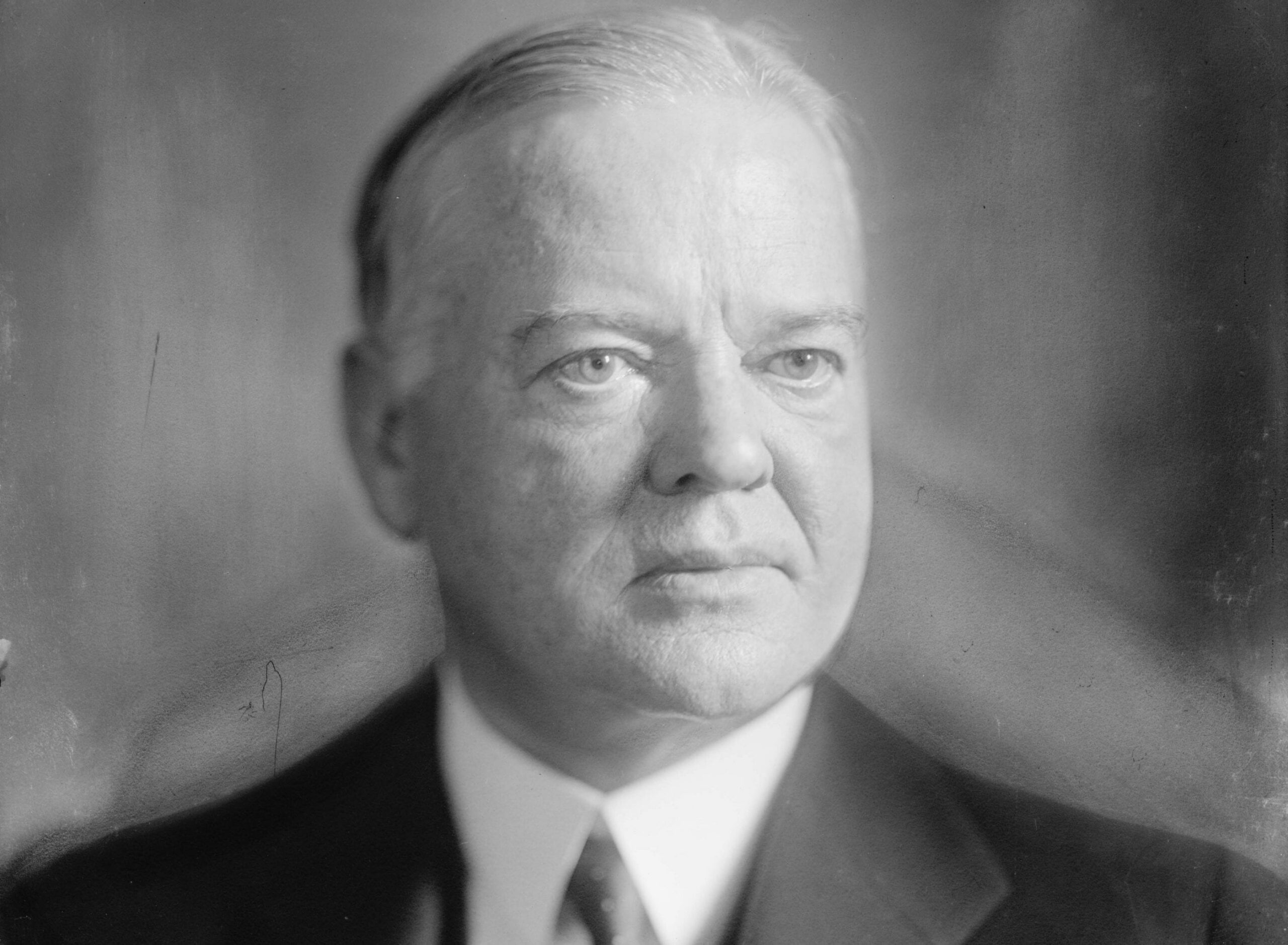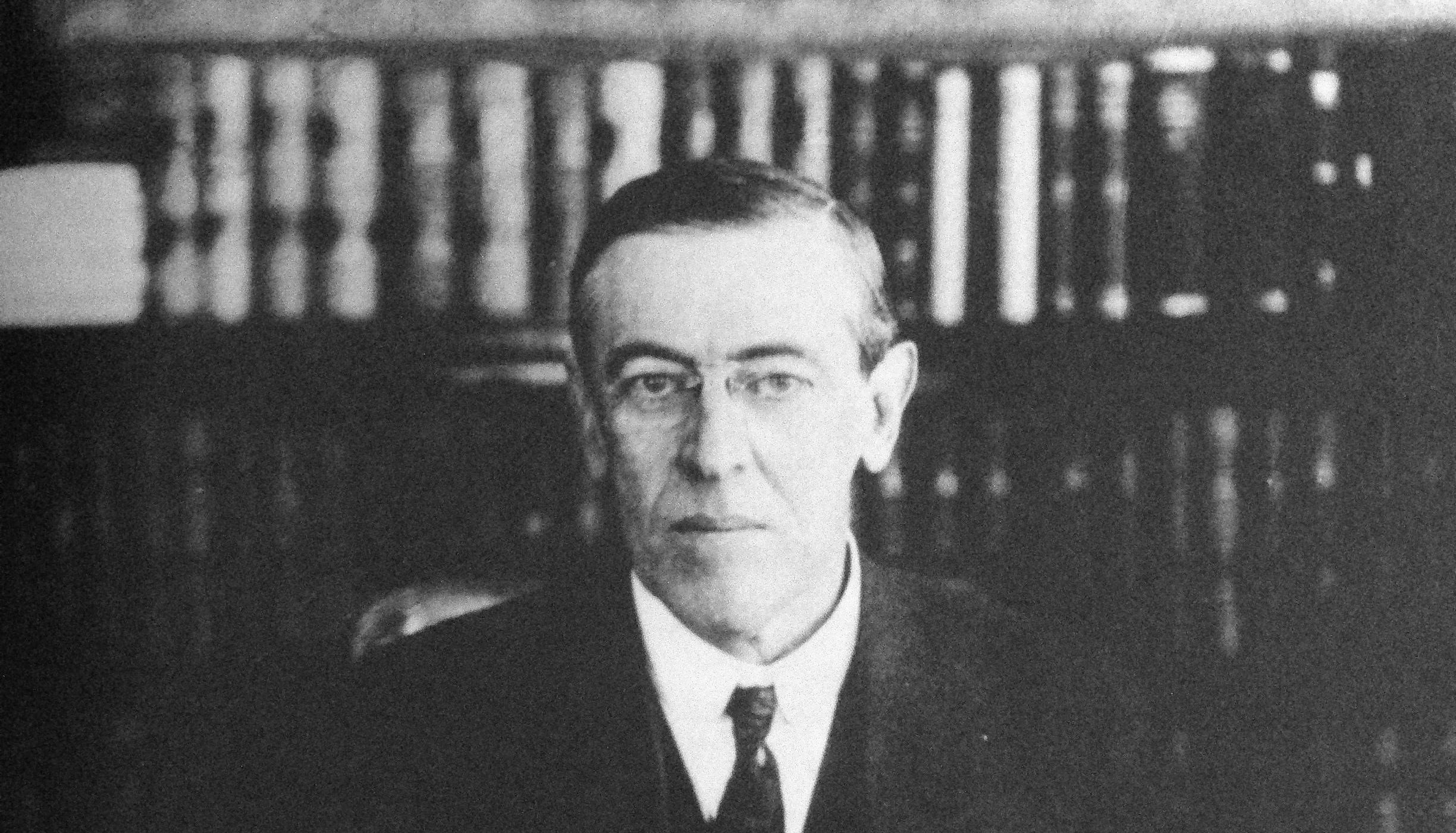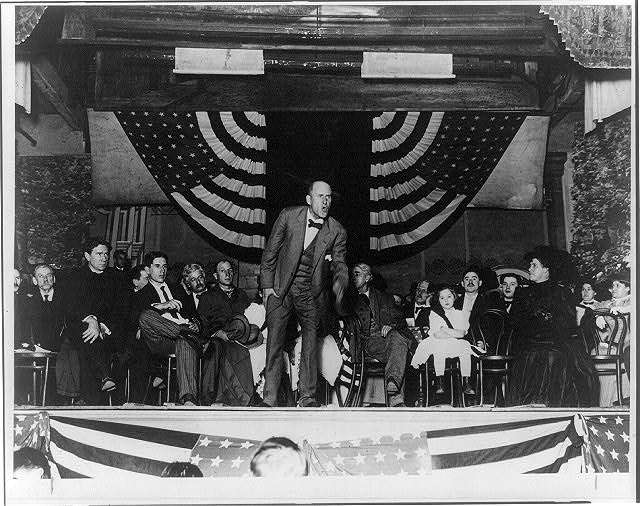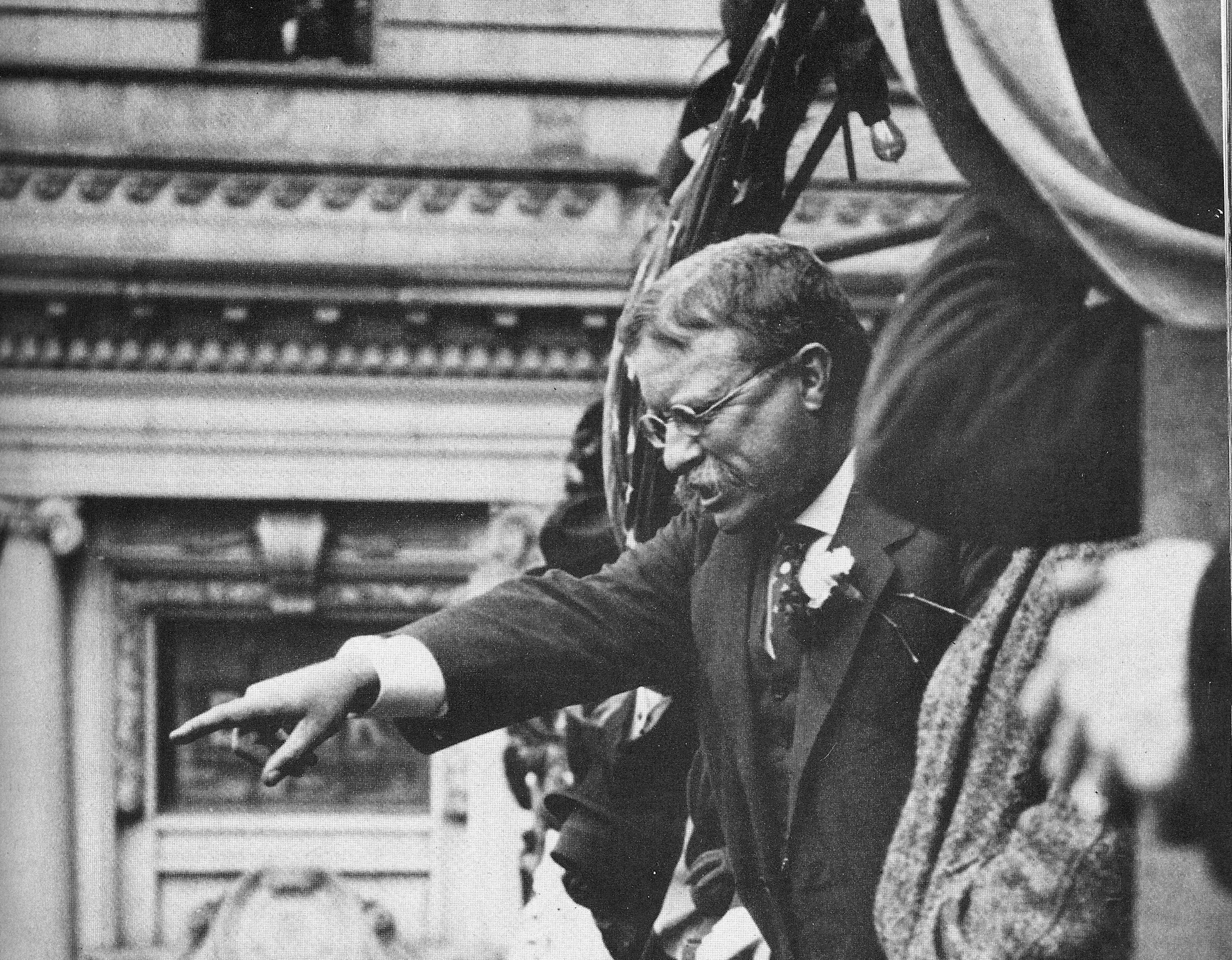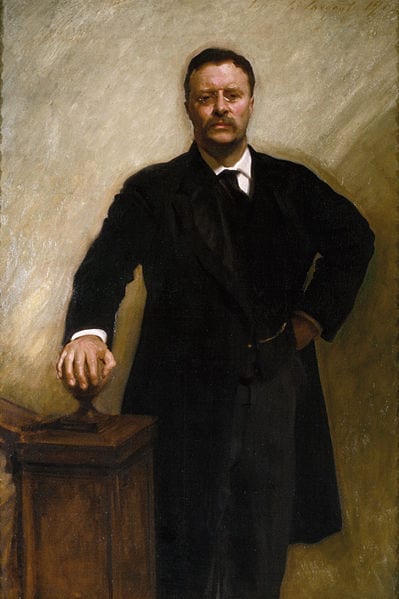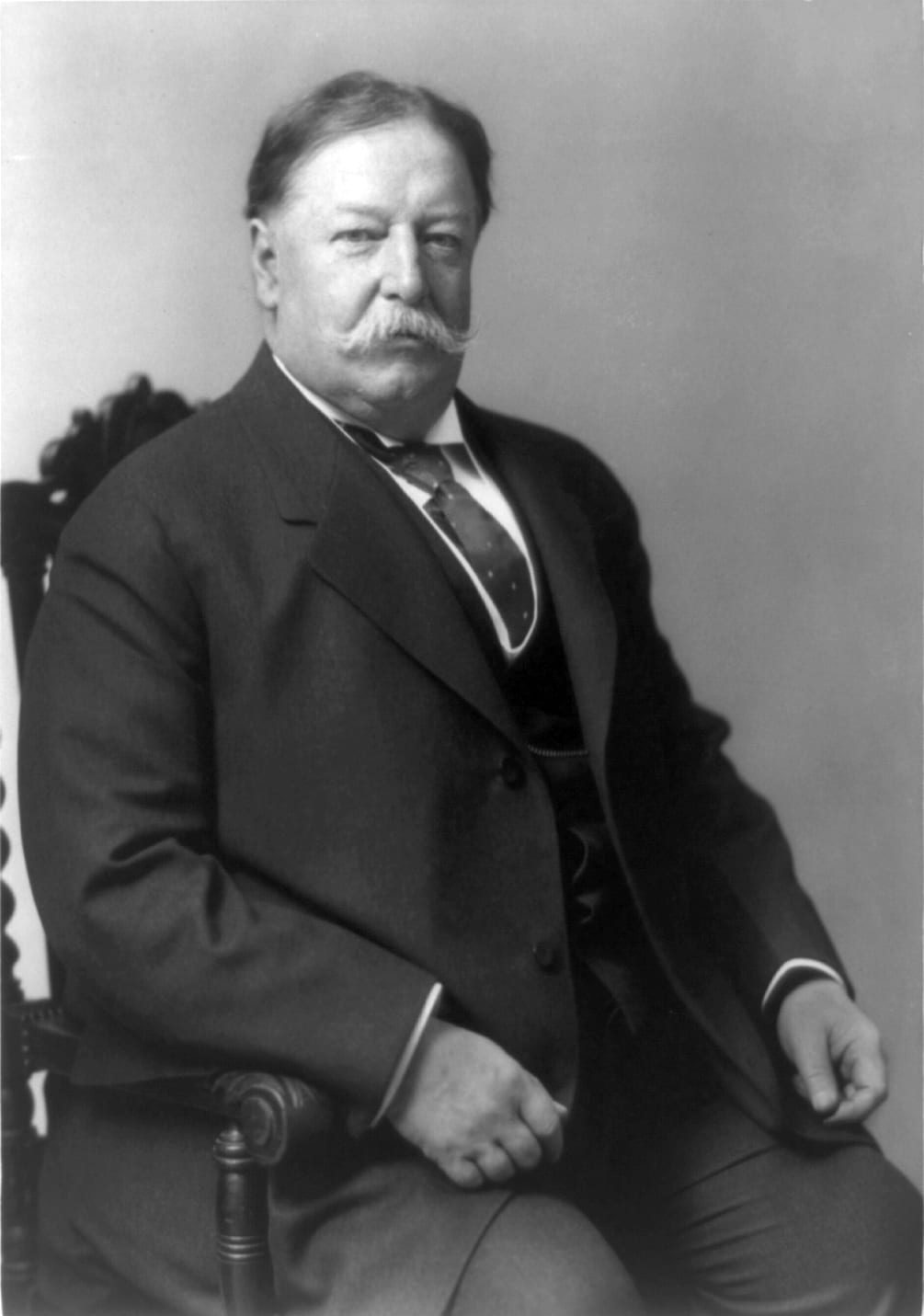
Introduction
In his 1914 book, Progressive Democracy, Herbert Croly continued to discuss many of the themes first articulated in The Promise of American Life. In this later work, however, Croly increasingly turned his attention toward mechanisms of direct democracy as part of his remedy for the challenges of modern, industrial America. Among other things, Croly came to advocate the recall of public officials, the initiative and referendum, the direct election of senators, an easier method of constitutional amendment, the direct primary, and the eventual withering away of political parties. In the following excerpt, Croly made the case for some of these proposed reforms and argued that the American founders’ system of representative, constitutionally balanced, limited government had become outdated and counterproductive.
Source: Herbert Croly, Progressive Democracy (New York: Macmillan, 1914), 262–66, 268–83, available online at the Hathi Trust Digital Library: https://babel.hathitrust.org/cgi/pt?id=mdp.39015005355550;view=1up;seq=9.
If economic, social, political, and technical conditions had remained very much as they were at the end of the eighteenth century, the purely democratic political aspirations might never have obtained the chance of expression. Some form of essentially representative government was at that time apparently the only dependable kind of liberal political organization. It was imposed by the physical and technical conditions under which government had to be conducted. Direct government did not seem to be possible outside of city or tribal states, whose population and area was sufficiently small to permit the actual assemblage of the body politic at some particular place, either at regular intervals or in case of an emergency. But in the case of states chiefly devoted to agriculture, whose free citizens were distributed over a wide area, and were, in any event, too numerous for actual assemblage in any one spot, it seemed necessary for the people to delegate to a body of representatives the power required not merely for public administration, but for the discussion of public questions, the adoption of public policies, and the supervising of the administration itself. Some form of a responsible representative government, that is, was prescribed by fundamental economic and social conditions. The function was performed in the several states according to the method best adapted to local traditions and by the class which had proved itself capable of leadership.
In the twentieth century, however, these practical conditions of political association have again changed, and have changed in a manner which enables the mass of the people to assume some immediate control of their political destinies. While it is more impossible than ever for the citizens of a modern industrial and agricultural state actually to assemble after the manner of a New England town-meeting, it is no longer necessary for them so to assemble. They have abundant opportunities of communication and consultation without any actual meeting at one time and place. They are kept in constant touch with one another by means of the complicated agencies of publicity and intercourse which are afforded by the magazines, the press, and the like. The active citizenship of the country meets every morning and evening and discusses the affairs of the nation with the newspaper as an impersonal interlocutor. Public opinion has a thousand methods of seeking information and obtaining definite and effective expression which it did not have four generations ago. The community is broken up into innumerable smaller communities, each of which is united by common interests and ideas and each of which is seeking to bring a larger number of people under the influence of its interests and ideas. Under such conditions the discussions which take place in a Congress or a Parliament no longer possess their former function. They no longer create and guide what public opinion there is. Their purpose rather is to provide a mirror for public opinion, to advertise and illuminate its constituent ideas and purposes, and to confront the advocates of those ideas with the discipline of effective resistance and, perhaps, with the responsibilities of power. Phases of public opinion form, develop, gather to a head, assert their power, and find their place chiefly by the activity of other more popular unofficial agencies. Thus the democracy has at its disposal a mechanism of developing and exchanging opinions, and of reaching decisions, which is independent of representative assemblies, and which is, or may become, superior to that which it formerly obtained by virtue of occasional popular assemblages.
The adoption of the machinery of direct government is a legitimate expression of this change. After centuries of political development, in which certain forms of representation were imposed upon progressive nations by conditions of practical efficiency, and in which these representative forms of government grew continually in variety and complexity, underlying conditions have again shifted. Pure democracy has again become not merely possible, but natural and appropriate. . . .
. . . The American experiment in direct democracy is still in its early youth. Its meaning and its tendencies cannot be demonstrated from experience. If the active political responsibilities which it grants to the electorate are redeemed in the negative and suspicious spirit which characterized the attitude of the American democracy toward its official organization during its long and barren alliance with legalism, direct democracy will merely become a source of additional confusion and disorganization. On the other hand, if, as a consequence of its rupture with legalism, the American democracy undergoes a change of spirit, if the attempt to discharge new and responsible activities in connection with its own government brings with it a positive inspiration and genuine social energy, the result may be to renovate American representative institutions and afford novel and desirable opportunities for effective political leadership. I prefer the second of these alternatives, but the preference can hardly be justified by a consideration of the results which have already been achieved in the directly governed states. It is born of an examination of the history, the needs, and the ideals of the American local democracies. . . .
The salient reasons which make it necessary to associate the advent of direct democracy with the attempt to realize a positive social program have already been indicated. They are derived from the profound alterations in the balance of a political organization which is substituting a positive for a negative social policy. The abstract legalistic individualism of the Jeffersonian democracy had in theory no need of any machinery of direct popular control. The activity of government was restricted, and its organs were emasculated, in the interest of a specific formulation of individual rights. Government was considered to be merely a form of temporary police supervision. Such a political system was placed in irons by the Law and lacked the power to do any harm. It really needed to operate somewhat independently of public opinion. Fermentation of public opinion and active political and social experimentation could not accomplish anything of real social value. The essential popular needs were already safeguarded in the Law, which deserved vigilant protection and unquestioning obedience on the part of all good citizens. Effective popular control of such a government was unnecessary. Government was not intended to be the instrument of important popular social purposes.
In its actual historical development the government soon became the instrument of important popular social purposes, and it was obliged to develop a corresponding method of popular control. But the popular social purposes which the state and federal governments formerly attempted to realize were derived from the old individualistic social economy, and the control supposed to be exercised by the partisan organizations was ineffective. A wholly new situation was created when the local democracies came to need and possess a genuinely social policy, which threw increased burdens upon the government, and commensurately increased its power. Under such conditions direct popular control over the mechanism of government became of essential importance. A negative individualistic social policy implies a weak and irresponsible government. A positive comprehensive social policy implies a strong, efficient, and responsible government. But a strong and efficient government, which exercises a large part of the authority of the state and which is not bound by the substantive provisions of the fundamental Law, might well be dangerous not only to individual civil rights, but to popular political rights. Every precaution should be adopted to keep it in sensitive touch with public opinion. A lack of responsiveness to public opinion would tempt it to become domineering and oppressive, and would in the long run make its own work abortive as well as dangerous. A social policy is concerned in the most intimate and comprehensive way with the lives of the people. In order to be successful, it must rest on the basis of abundant and cordial popular support.
The mechanism of direct government has, consequently, an essential function to perform in the organization of a social democracy. The realization of a genuine social policy necessitates the aggrandizement of the administrative and legislative branches of the government. Progressive democracy recognizes the need of these instruments, but it recognizes the need of keeping control of them. A strong government with an affirmative policy and effective popular control are supplementary rather than hostile to one to another. The realization of such a policy will in the long run demand both an efficient system of representation and an efficient method of direct popular supervision. . . .
The Progressive Republicans, who are advocating an increase of executive power and a closer cooperation between the executive and the legislature as the most effective means of reinvigorating the representative system, can make a very strong argument in its favor. They can make a stronger argument than can those advocates of “pure” democracy who expect to develop a genuinely representative government by grafting the instruments of direct government on an essentially and fatally unrepresentative system. But they cannot make a strong enough argument. The cooperation between an executive and a legislature, each of which derives its authority directly from the people, cannot be made properly operative except by some method of referring disputes to the common master—which means a considerable measure of direct government. Moreover, an American electorate would not submit for long to the increased power of the organs of government which would result from their cooperative action, without the creation of some means of effective popular control. But even if these difficulties could be overcome, it is doubtful how far any system can be considered really representative which does not bestow complete responsibility for the public welfare upon the government. The government must have the power to determine the Law instead of being circumscribed by the Law. Just in so far as its authority was curtailed, its sense of responsibility would be relaxed and its integrity would be undermined. . . .
In all three of the principal departments of government, there are essential functions to be performed which must be delegated by a democracy to selected men under conditions which make for technical efficiency and individual independence and self-respect. The Fathers of the Republic were fully justified both in keeping the powers distinguished, and in seeking to balance one against the other. Their mistake consisted in the methods adopted for preserving or readjusting the balance. The preservation of a balance depends upon the harmonious development of several elements which enter into it; and as in the course of nature harmonious development is rare, the preservation of any such balance must usually be contrived by human insistence and intelligence. Only one part of a democratic system is entitled to exercise any such function—the electorate itself. The whole of a democratic political system is divided into three parts, not merely or primarily as a protection to individual and popular liberties, but rather to provide an essential positive function for the people to perform—the function of re-creating the unity which is necessarily compromised by the no less necessary specialization of governmental function. Such is the part which the people, or the closest possible approximation to the people, have to play in the process of their own nationalization or socialization. They must divide in order to act, to think, to rule, to move on, and to aspire; but they must not impose upon any one of the resulting classifications or subdivisions the responsibility of ultimate social cohesion. That responsibility rests with the whole people, and its fulfillment depends upon popular intelligence, sympathy, and faith.
. . . From the beginning of civilization the people have been constantly imposed upon by moral or social or physical force in the real or supposed interest of their own welfare. The process will doubtless have to continue in some measure; but if democracy means anything, it means popular liberation in precisely this respect. It means that social reformers must present their arguments primarily to the electorate, and welcome every good opportunity of allowing the electorate to pass judgment upon their proposals.

Conversation-based seminars for collegial PD, one-day and multi-day seminars, graduate credit seminars (MA degree), online and in-person.

Our Core Document Collection allows students to read history in the words of those who made it. Available in hard copy and for download.





